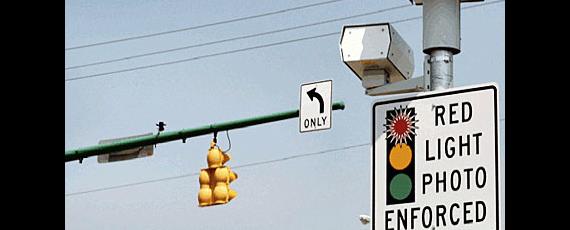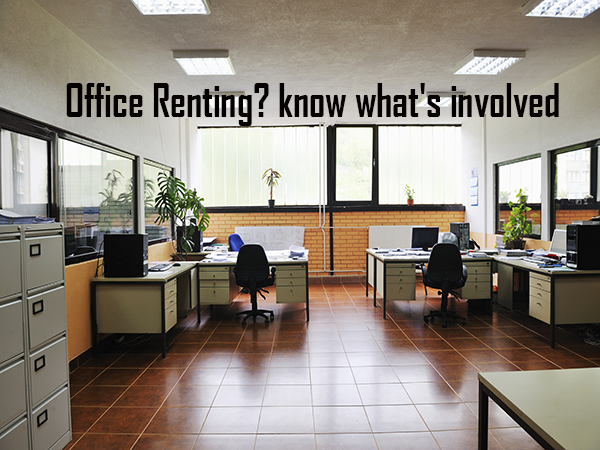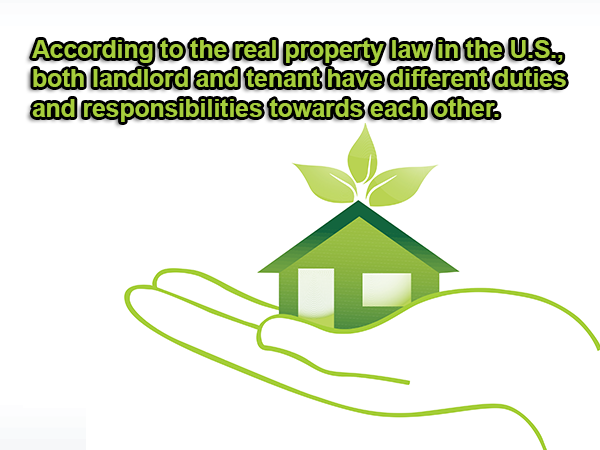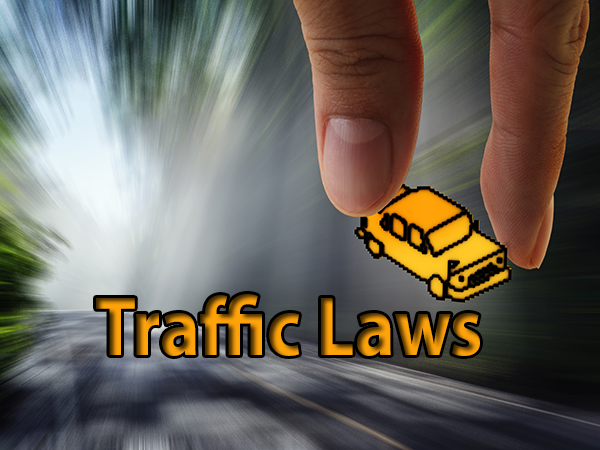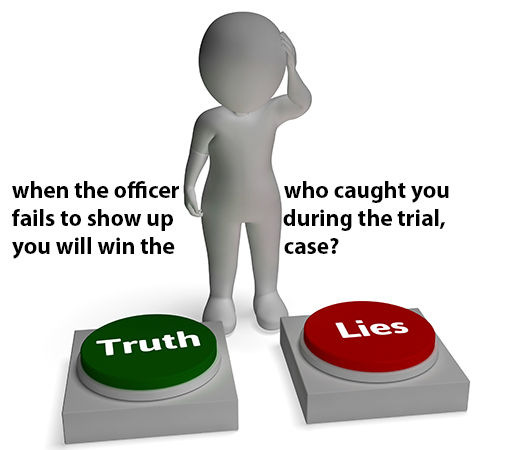Wills and Probate
Will and probate attorneys focus on issues associated with the distribution of a deceased person’s property. Probate, or “probating a will,” is the court process by which a will is proved valid or invalid and involves lawyers and court fees that are paid from estate property. The process of probating a will is more complicated than you might think and involves significantly more than merely a list of what gets willed to whom. A typical will names specific beneficiaries; beneficiaries are person(s) who are eligible to receive distributions from a trust or will. It is advisable to appoint someone you trust to serve as the executor of your will, as the executor will manage your estate and ensure that the terms of your will are followed. It is important to note that beneficiaries will be responsible for tax payments if the estate is taxable. The American Bar Association provides further, more detailed information on the will process.
How an Estate is Settled if There is No Will
If you do not have a will the state government decides who gets your property and assets, referred to as “intestate succession” or “intestacy.” Intestate succession varies by state so it’s to your benefit to consult with a lawyer experienced in wills and estates legal services for the state in which you reside. An experienced attorney can ensure that your will is legal to the fullest extent allowed by the laws of your state. For more information on types of wills see our FAQ page.
Trusts
It has become fairly common to use a trust instead of a will to transfer high-value assets upon time of death.[citation] In a trust, you bequest, or “gift,” your personal property to a person or entity upon your passing away. A trust is different from a will mainly in that trusts usually allow you to avoid probate and/or estate taxes. Another benefit of a trust is that it stays private, unlike a will, which becomes public after the property owner dies. A basic estate plan or will addresses what happens to your property and your children upon your passing. More complex estate plans or wills can plan for what happens if you are in a position where you can no longer take care of your own affairs. Since the legal requirements of each state vary greatly it is essential that your will, trust, or estate plan is executed properly by an experienced attorney.

